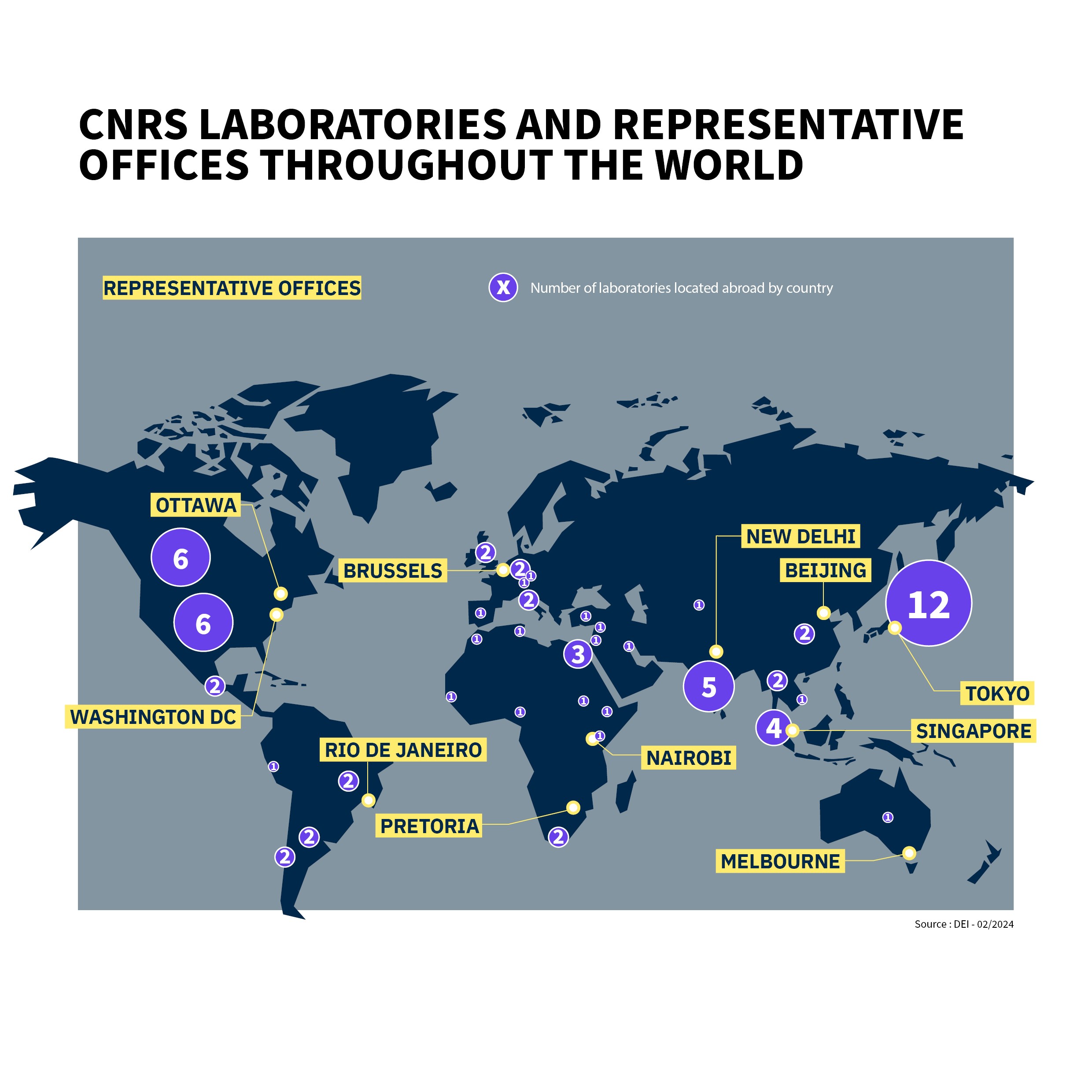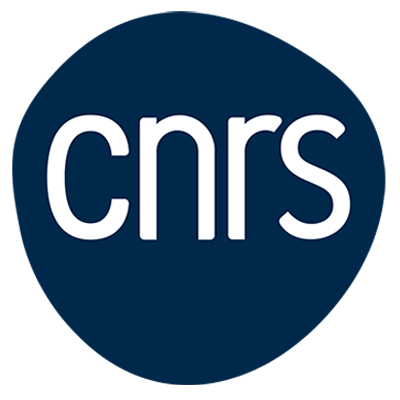A player in global science
World-Class advantages
Successful cooperation between the CNRS and its international partners has led to a number of groundbreaking discoveries. The advantages offered by the organisation make its researchers partners of choice for important international projects.
- expert researchers and engineers recognised for their excellence;
- dense scientific networks and structured cooperation, including with industrial actors;
- recognised expertise in managing research infrastructure and coordinating international teams;
- capacity to make long-term commitments.
An active presence in the field
DEI: gateway for institutional partnerships
The European and International Affairs Department (DEI) implements the CNRS’s international and European policy. Whether for French or foreign institutional partners, it is the gateway for operations conducted both within the European Research Area and throughout the world. The DEI’s three primary missions are to establish win-win partnerships by scientific and geographical priorities, increase the visibility and attractiveness of the CNRS, and promote dialogue with academic partners.
A network of offices abroad
The CNRS manages a network of offices located at key global scientific hubs: Melbourne, Brussels, Washington, Rio de Janeiro, Tokyo, Beijing, Singapore, New Delhi, and Pretoria—so many strategic locations for promoting scientific excellence. This network provides support to expatriate researchers or those on assignment and also oversees scientific cooperation agreements. The offices play a role in monitoring and facilitating relations with foreign partners, alongside the scientific and cultural services of embassies.
A branch office at the European Union
The CNRS branch office in Brussels strengthens the organisation’s position as a key player in European scientific policy. The CNRS helps researchers participate in European programmes, making its voice heard with EU institutions. It is also involved in the influential governing bodies of French research (Science Europe, the Club of associated research organisations (CLORA), etc.).

